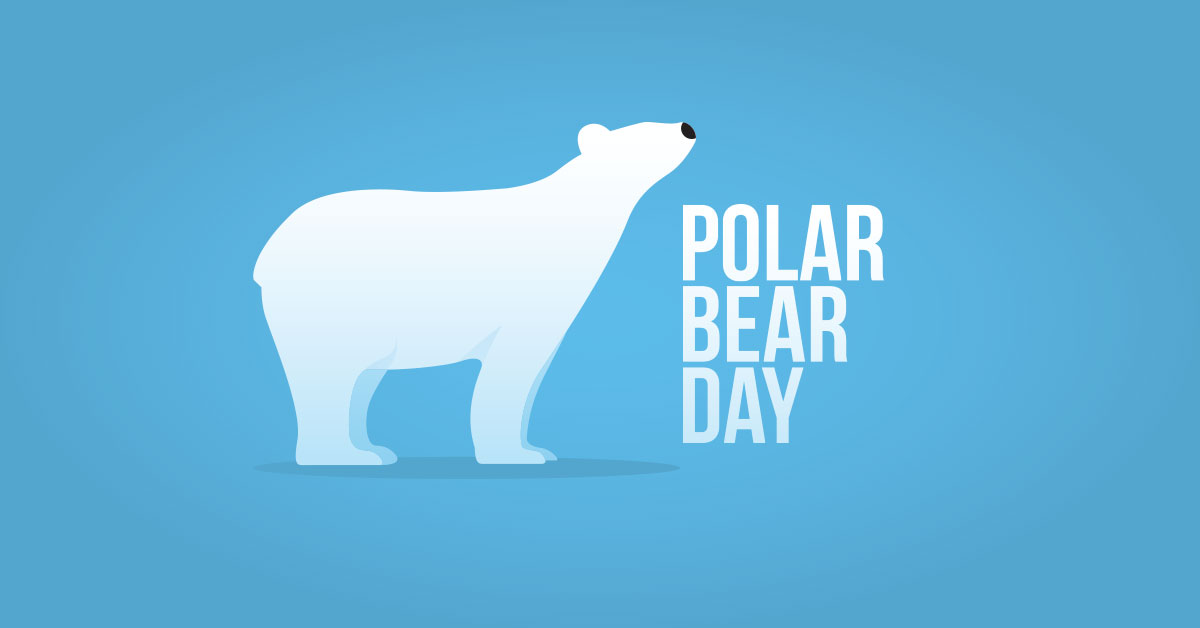It's National Polar Bear Day!

Christine Panchuk
It's National Polar Bear Day!
We all love our furry friends from the far north, but how much do we actually know about them? Here are ten interesting facts about polar bears that you might not have heard.
1) Canada is home to approximately %60 of the world's polar bear population! That's a lot of polar bears!
2) Polar bears hold a spiritual and cultural significance to Indigenous Canadians.
3) The word Nanuq, which is Inuktitut for polar bear, means an animal worthy of great respect, or the ever wandering one. The polar bear’s Latin name, Ursus maritimus, means "sea bear".

4) Polar bears aren’t actually white! The skin beneath their fur is black, and the fur itself is transparent with a hollow center that refracts light from the sun and off the snow, which makes it appear white.
5) Polar bears have three sets of eyelids! The third set helps protect their eyes from the glare of sun upon ice and snow.
6) Polar bears can reach speeds of up to 40km per hour (25 mph) on land! Running away from one doesn't sound like such a good idea...
7) Polar bears are the largest land carnivore. Males can weigh more than 770 kg (1700 lbs). That's about as much as 10 adult human males. Yikes!
8) Polar bears typically give birth to twins! A female polar bear will have an average of five litters of cubs in her lifetime. These larger litters increase the likelihood that at least one cub will survive the harsh, unforgiving Arctic habitat.

9) They can smell their prey up to a kilometer away! Their strong sense of smell can lead them to seal breathing holes in the ice.
10) The biggest threat to polar bears isn't just climate change, it's also the oil and gas industry. Habitat destruction, oil spills, and exposure to toxic chemicals are a serious danger. Global warming has been melting the sea ice, causing an increase in human-polar bear conflicts when they wander into human cities and settlements in search of food.
Polar bears aren't endangered yet, but they are classified as a vulnerable species. To learn more about the conservation efforts of polar bears, and what you can do to help - visit https://polarbearsinternational.org/


